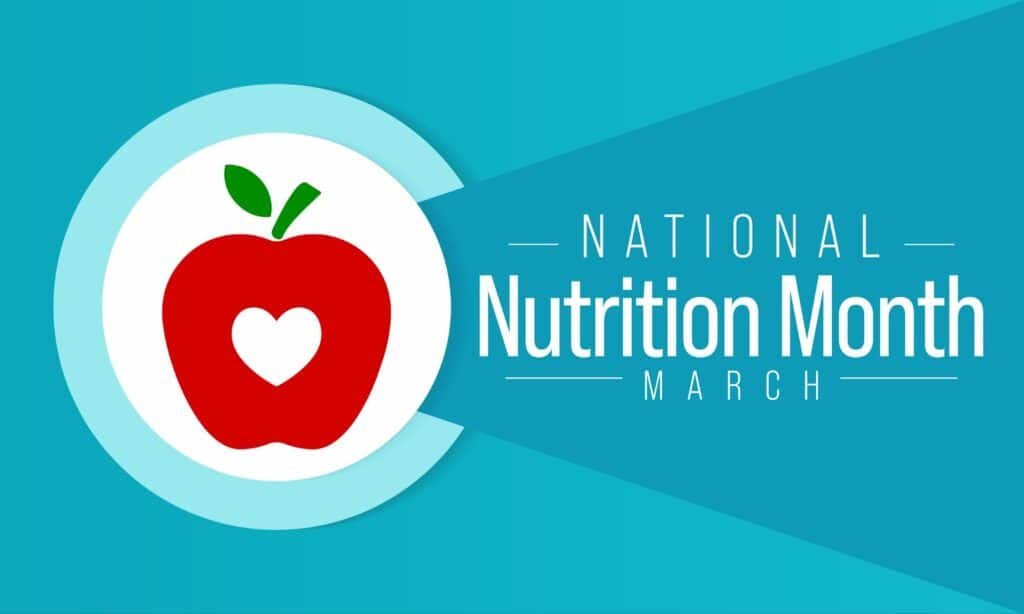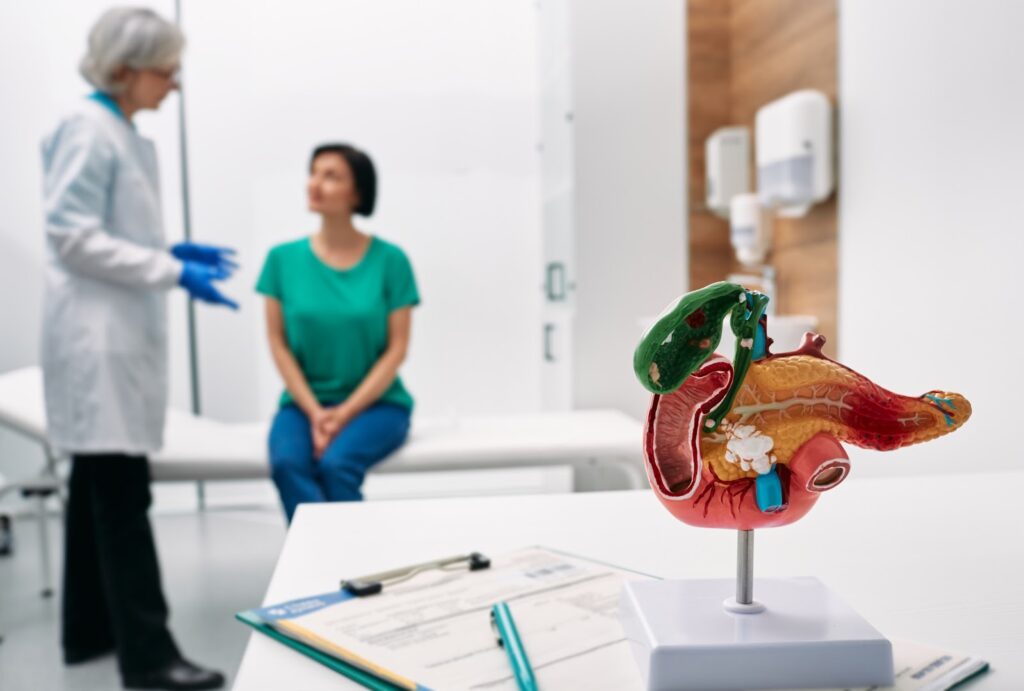Conventional Medical Treatment vs Telehealth
What is Telehealth?
Telehealth is a method for delivering healthcare advice and consultations without requiring a patient to come into a doctor’s office. Telehealth has been growing in popularity as it has slowly become available within select healthcare practices in the United States. Telehealth allows patients to communicate with their doctor via text, phone, or video call to ask questions and receive real medical advice. This allows healthcare practitioners to prescribe medicine or instructions for follow up, without the patient having to leave the comfort of their home.
Defining conventional medical treatment
Conventional medical treatment is what most of us have grown up knowing and are familiar with. Conventional medical treatment typically involves a patient needing to call and make an appointment with their medical provider, which often involves long wait times until an appointment is available. From there, a patient must make the trip to their provider’s office and be present for all communications with their doctor in-person, including follow-up appointments.
Does telehealth replace conventional medical treatment?
When learning about telehealth, a common knee-jerk reaction is a fear that telehealth is trying to replace conventional medical treatment. This could not be further from the truth! Telehealth complements conventional medical treatment by ensuring greater communication between a patient and their doctor. Telehealth will never fully replace conventional medical care, but it can reduce unnecessary trips to the doctor and increase the time doctors have available to each patient.
Advantages of telehealth services within a medical practice
There are several advantages to leveraging a healthcare practice that offers telehealth services.
1. Less unnecessary trips to the doctor
When the doctor is a call away, patients can more easily receive an initial assessment to gauge whether or not a trip to the doctor is necessary, and get the care they need quickly if conventional treatment is required.
2. Lower costs
Telehealth is less expensive to deliver than conventional healthcare. Following up with a doctor via telehealth uses fewer resources than an in-person appointment, relieving pressure on busy healthcare practices while allowing the patient to receive the same level of care at a lower cost.
3. Doctors have more one-on-one time with patients
Doctors have their time stretched thin. Telehealth allows for more flexibility in scheduling and can be delivered quickly. This allows doctors to spend more time in-person with patients who need conventional care and saves the doctor and patient time for those who do not need to be in office.
4. Patients are more likely to seek medical care
Seeking medical care is difficult for many people who have busy schedules. Health should always come first — but many people do not have the option to take off a couple of hours of work to go speak with a doctor. Telehealth allows greater flexibility in scheduling and much less of a time commitment, ensuring more people receive preventive medical care.
5. Patients stick to follow-up medical care better
It’s easy to ignore the doctors’ advice following an appointment when you don’t plan on seeing them anytime soon. Telehealth offers options for medical professionals to call and check in with patients to answer questions they might have about follow up care and promote better health decisions.
Digestive healthcare in New Jersey
With telehealth, patients of Digestive Healthcare Center can receive healthcare advice via video conference with our doctors. As a patient, you will, of course, be able to come in for regular medical treatment, but will also have access to doctors when out of town or unable to make a trip to our New Jersey offices. Contact us today to learn more about the options available to our patients at Digestive Healthcare Center!
Make an Appointment for Comprehensive Digestive Care in NJ
At Digestive Healthcare Center, we want each patient at our three offices in New Jersey to feel confident about their digestive health. We encourage you to contact us today to make an appointment with one of our expert gastroenterologists – don’t wait to start putting your digestive health first!
Recent Blogs
Learn more about all things digestive health and wellness by checking out our recent gastroenterology blogs.

Diverticular disease and diverticulitis are related digestive health conditions that affect the large intestine (colon). With diverticular disease, small, bulging pockets develop on the lining of the colon. When these pockets become inflamed or infected, the condition is called diverticulitis. They are very common – especially after age 40 – and rarely cause problems. At […]

Many Americans like to set New Year’s resolutions to make positive lifestyle changes such as improving their diet and going to the gym. However, March is also a great time for a healthy focus, especially as the long winter season comes to an end. National Nutrition Month, sponsored by the Academy of Nutrition and Dietetics, […]

Gallstones form when bile stored in the gallbladder hardens. Your gallbladder is a small, pear-shaped organ on the right side of your abdomen, just beneath your liver. It holds a digestive fluid called bile that’s released into your small intestine. Gallstones are pebble-like pieces of concentrated bile material, typically made up of cholesterol or bilirubin […]

























